Weglinski: Racism Against Asians Needs to Stop
Salt Lake City Chinatown, 2021 (Photo by Hailey Danielson | The Daily Utah Chronicle)
March 17, 2021
An elderly Asian man was recently assaulted in Oakland, CA’s Chinatown area. The other week, multiple Asian-run businesses in Maryland were vandalized and looted. And these were not isolated events — crimes against the Asian community have been growing at an alarming rate since even before the Lunar New Year. Between March and September of last year, more than 2,500 hate crimes against Asian Americans were reported. Among other examples of the anti-Asian rhetoric that has been associated with the pandemic, phrases like the “Chinese virus” and “kung flu” have contributed to an uptick in racial attacks against the Asian community.
“Racist rhetoric from the pandemic have targeted us as being the reason for coronavirus… and so Asians across-the-board have been targeted, being pushed, attacked, spat on,” said Daniel Wu, a famous Asian actor to ABC. Unfortunately, the media is barely touching on this large-scale issue. These hate crimes have been going on for months, but have been left in the background of many conversations. Moreover, the Asian American community has silently struggled with racism and hate since long before the pandemic.
While President Biden denounced these actions, much more needs to be done to protect Asians and Asian Americans and curb anti-Asian sentiment in the United States. Racism and microaggressions toward Asian Americans have been disgustingly normalized in this country, and the pandemic has exacerbated that. As a society, we need to proactively call out and bring attention to racist language and attacks. The Asian community should not have to worry about their livelihood and their safety.
Asian Americans are often pitted against other people of color as the “model minority”. Historically, white people have used this term to weaponize the successes of Asians as a way to invalidate and disregard other BIPOC experiences here in the US. However, this language also leads to the downplaying of very real racial trauma and prejudice toward the Asian community and contributes to the normalization of anti-Asian sentiment. “[The] model minority myth discounts our struggles and hurdles them as ‘less important’ and not worthy of being discussed.” said student Yukta Ramanan to The Purple Tide.
As an Asian who grew up in a predominantly white community, I’ve experienced many microaggressions and racist remarks that I’ve had to learn to minimize. I felt that I had to mold myself into the model minority stereotype because that’s how my peers viewed my community — quiet, smart and submissive. Lehua Kono, external vice-president of the University of Utah’s Asian American Student Association, spoke in an interview on the general tendency of the Asian community — specifically elders — to not speak up. This is primarily because many Asian Americans have been conditioned not to retaliate, as many of our concerns have been ultimately left unheard or unaddressed. “It’s important for the younger generation to speak up and call to action, [as well as] to have other allies with us,” said Kono. Asian Americans only make up 5.6% of the US population, so it’s crucial that the Asian community has widespread support to bring awareness to these issues.
Asian Americans have also been one of the hardest-hit groups during the COVID-19 pandemic. Over 233,000 Asian businesses have closed, and many Asians are more prone to life-threatening outcomes from the virus — yet they are forced to deal with the adverse effects of bigotry on top of that. It’s frustrating to see my community being attacked so severely, but still have our voices ignored because of a false image. The US has a long history of mistreatment and xenophobia toward Asian Americans, and those scars carry on even today. As a society, we need to reevaluate how we view and treat the Asian community. “A national conversation about racism that ignores the plight of Asian-Americans carries an unforgivable omission,” wrote Adrian De Leon in a PBS article.
The Asian community needs support and solidarity now more than ever. We need to actively engage in conversations to bring awareness to the widespread anti-Asian sentiment in American to prevent more hate crimes and harassment.


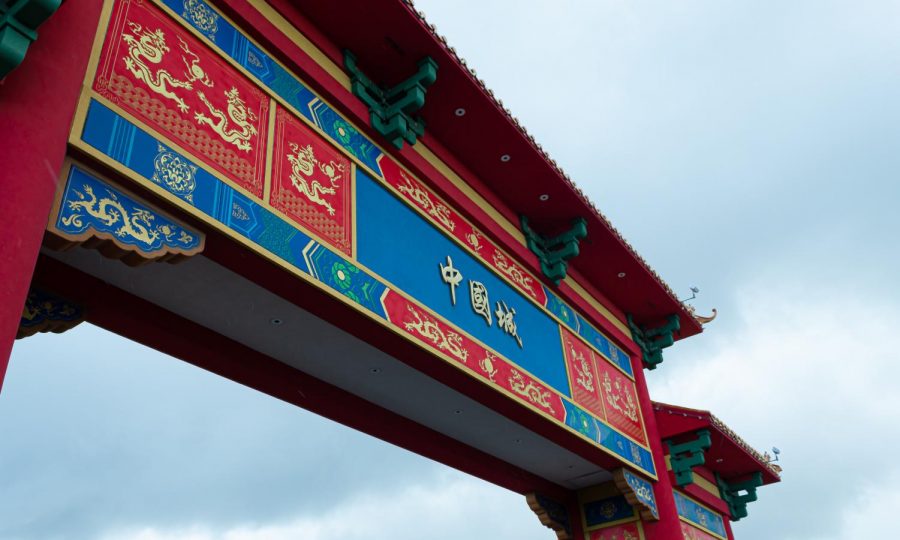
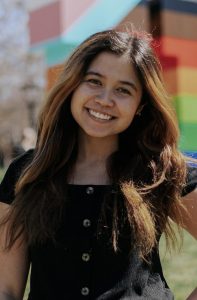

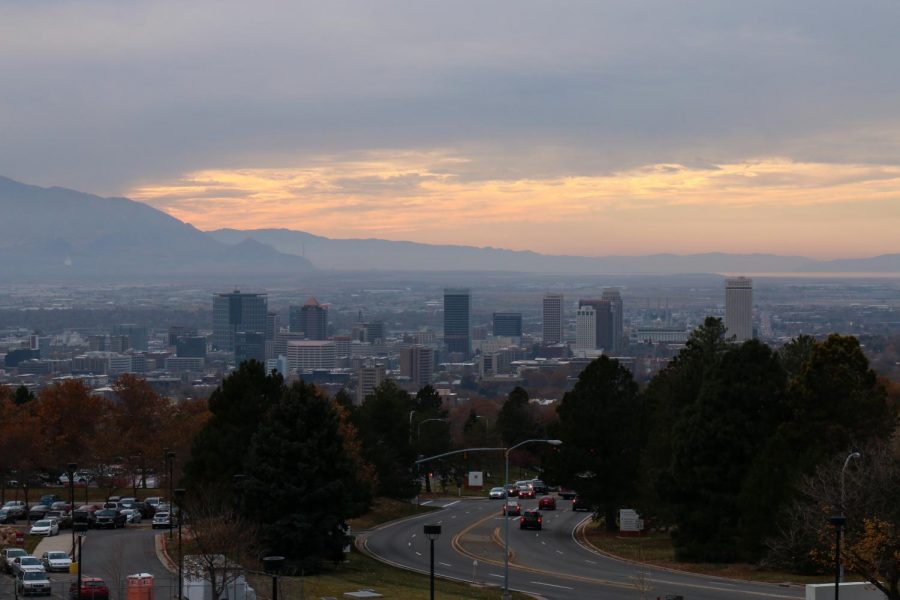
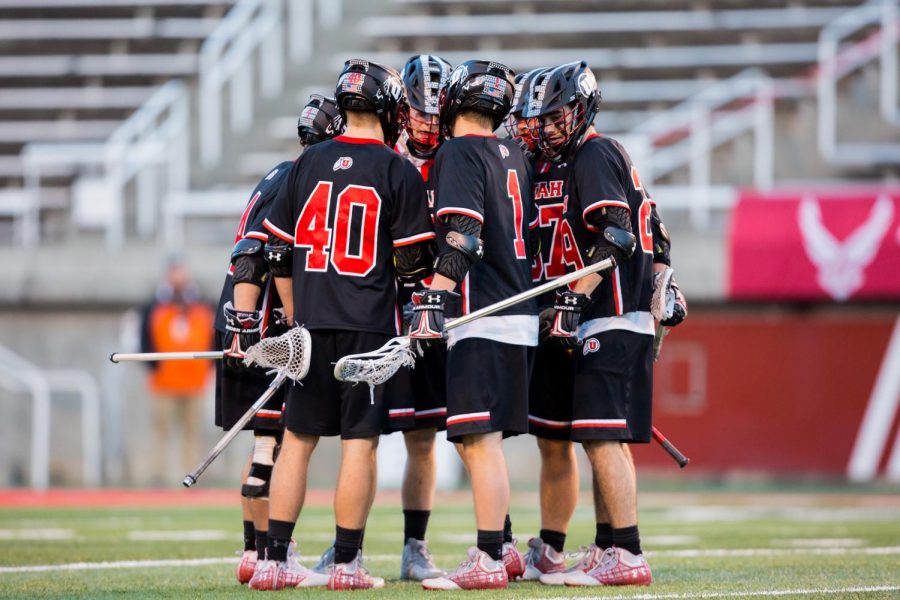
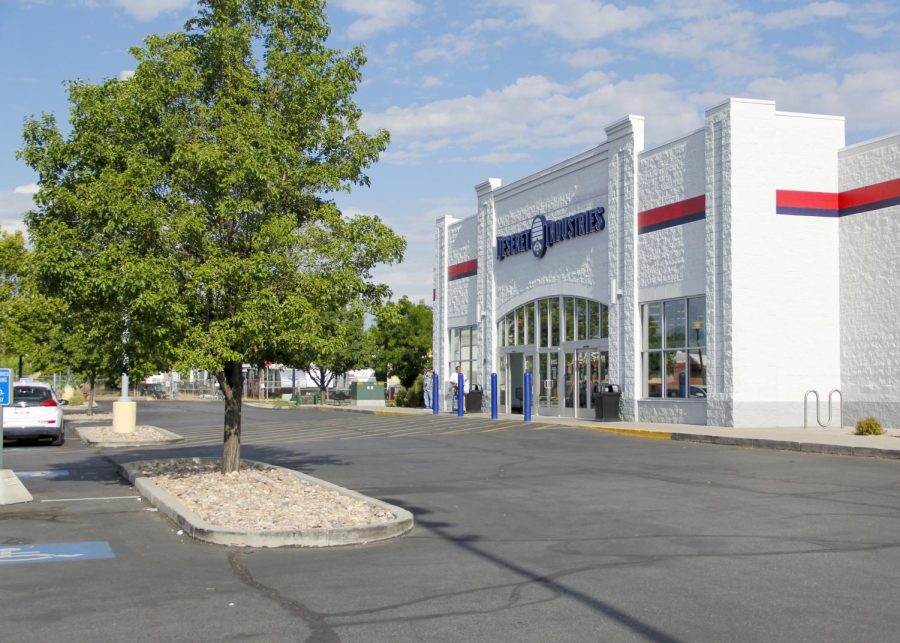

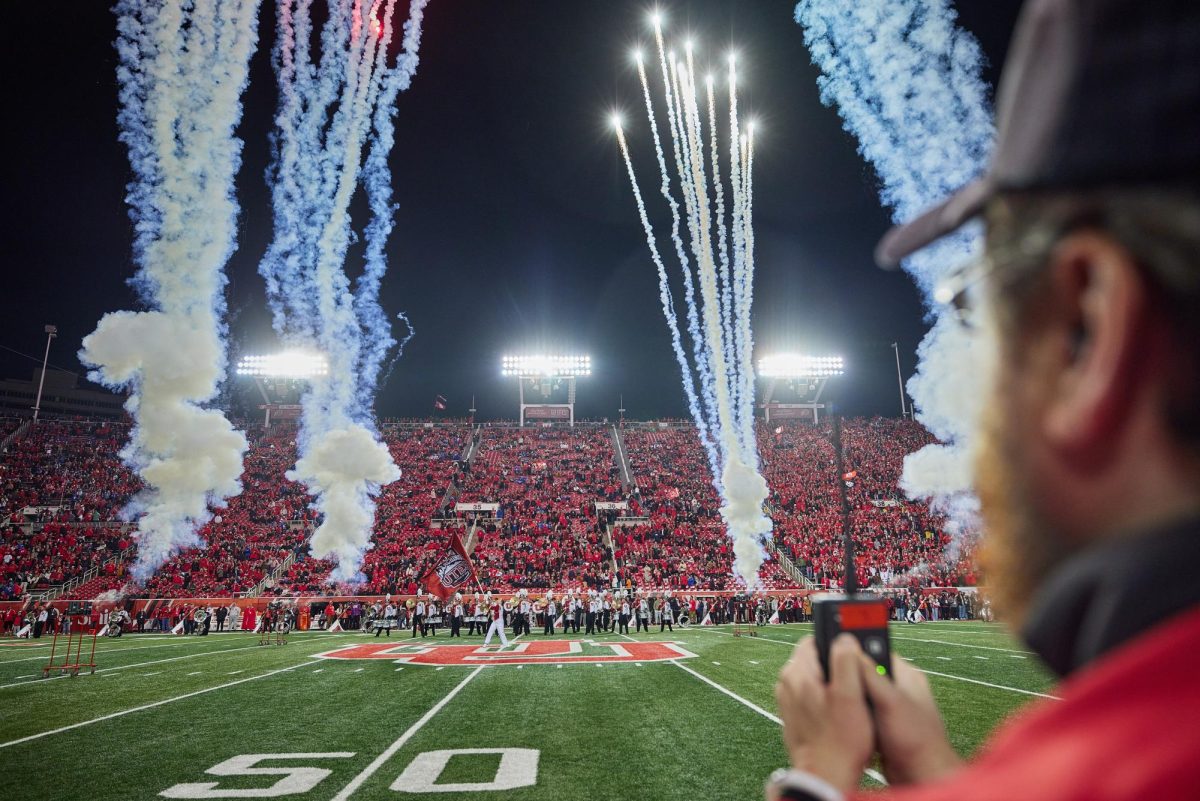




JOHN HEDBERG • Mar 19, 2021 at 11:12 am
I believe what I was taught from Dr. King growing up: it doesn’t matter who’s being discriminated against or assaulted. We’re all human beings, equally lovable, worthwhile, and beloved as children of God (however you name God), equally fallible and forgivable, equally full of beans & diverse beautiful potentials!
If you think the unbreakable focus on race in Washington is only affecting some groups, you’re wrong. The divisive focus on race and identity is causing an upsurge in assaults and hate crimes among all groups, races, genders, orientations, and ethnicities. Campus is no safety zone. I can’t count the number of times I’ve been questioned by police for no reason at dining hall, harassed and discriminated against by employees who don’t like the look of me, and even assaulted twice at Peterson. When I sat down with campus Social Justice to talk about the hatred I’d experienced, I was actually told it was good for someone who looked like me to experience what it was like, which I found intensely ironic, since I grew up in serious poverty amid addicts in crime-ridden surroundings and often had to fight during and after school, usually several against just me, because again and again I was told I didn’t fit in. If someone finds you threatening in some way, it doesn’t matter how you define yourself or what designation you think you belong to: their fear, unchallenged by the commandment to Love first and always, means you get to wade through their hatred and bigotry. As a human being, they allowed their fear to dehumanize you in their own minds and hearts.
If civil rights aren’t human rights, applied equally to every human being based on our common Love and worth and passion and potential, then none of our complaints mean anything. If we’re not all raising each other to our best standard, and expecting that of each other no matter how someone looks or how they identify, without preferences for any one group, then we’re only spitting in the wind, and Dr. King’s Dream will always be out of reach, since we failed to live up to the Love he found worthy in every human heart, in the content of our character.
With Love,
J Hedberg